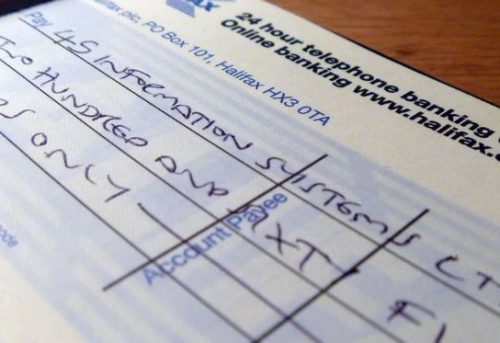What are Outstanding Cheques?

Outstanding cheques are the cheques that the company which issued it has recorded, yet the amount has not been cleared in its bank account. This means that the bank has not deducted that amount from the account’s cash balance. When an accounting firm in Kota Kinabalu is managing the accounting-related tasks for the companies, the accountants may use this concept to derive the bank reconciliation (Also see The Purpose of Reconciling Bank Statement) at the end of the month.
Typically, there will be a period that lasts for days between the day of creation of the cheque and the day of presenting it for payment. This is because the company needs some time to get the cheques from the bank, and the payees take time to deposit them.
If the payee has not deposited the cheque received at month-end, the amount will not appear on the bank statement of the company which has issued the cheque. Thus, for that company, the outstanding cheque will be a reconciling item in the process of bank reconciliation at month-end.
If your company is the one which issues the cheques, outstanding cheques will remain as your liabilities as long as the payees do not present the cheques for payment. The liabilities will only be removed when the payees deposit the cheques. If the payees never cash the cheques, you can mark those cheques as void in your accounting system. As a result, your original accounts payable will also be marked as unpaid, and the balance in your cash account will increase by the amount of outstanding cheques that you have voided.
As the one who issues the cheque, you, as the payer, may face a common problem, that is, you may need to keep enough cash in your bank account for you to pay all the outstanding cheques. This is because the payee may not cash the residual cheques for a long time. An example of such circumstance happening is you issued a rent deposit cheque to your landlord a long time ago, but he did not cash it. Under this kind of situation, you may reduce the cash balance of your chequing account that you use to issue those cheques as you assume that the payees will not cash the outstanding cheques. However, if you do so, you are exposed to the risk where the bank will reject the cheque you issued to the payees when they finally present them for payment as there are no sufficient funds in the bank account.
If a payee has received a cheque, but he does not cash it as soon as he has received it, there is a possibility where the payer may close the related chequing account. If this happens, the payer needs to issue a replacement payment to the payee.
